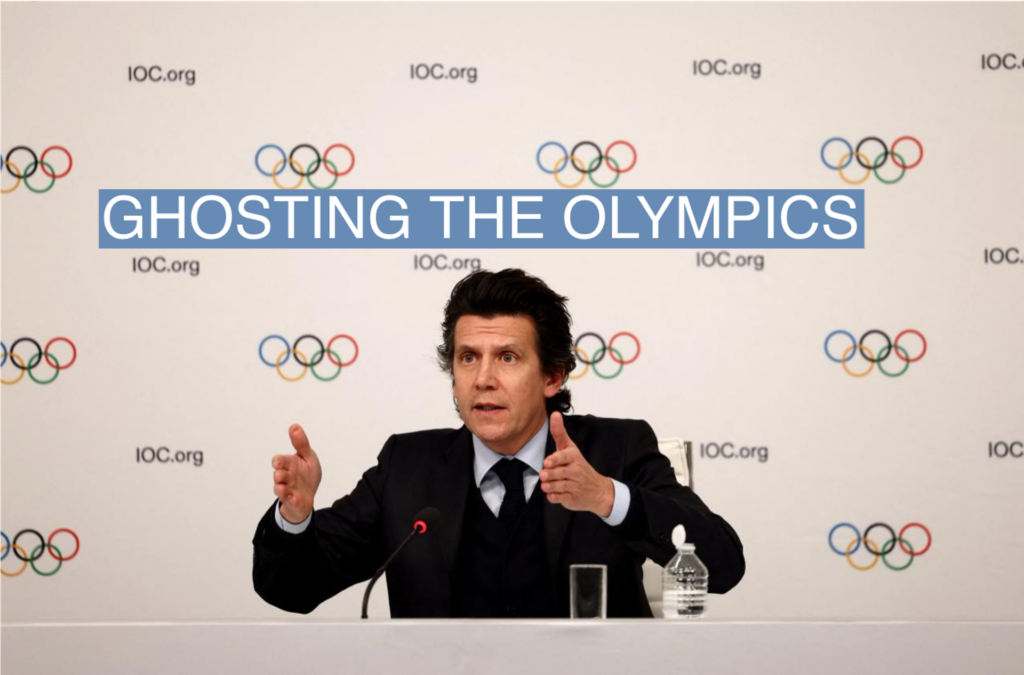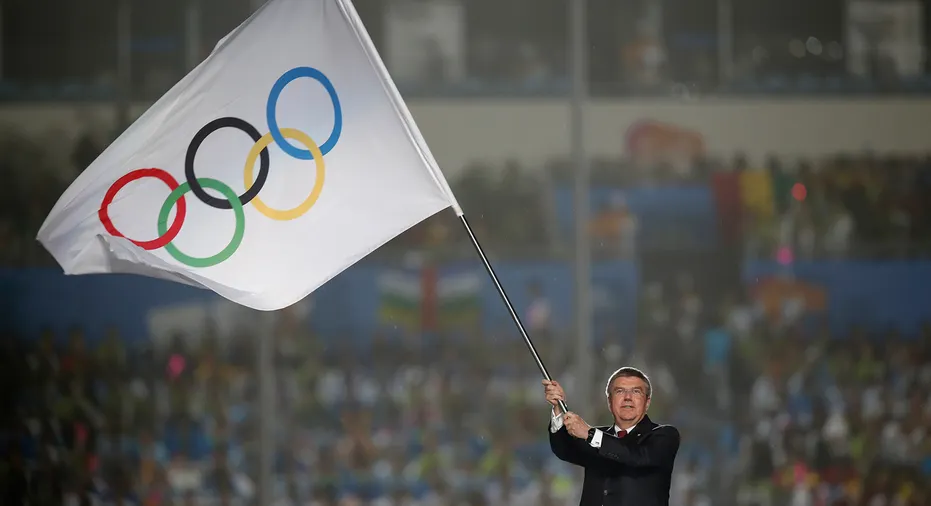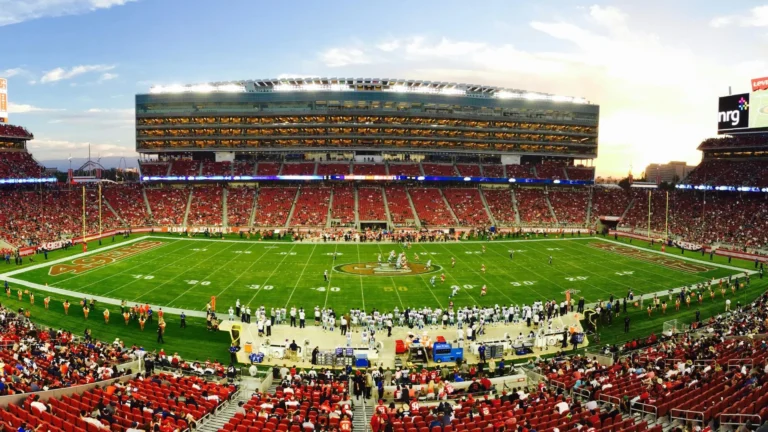Why No One Wants to Host the Olympics: Unpacking the Hidden Costs and Challenges
Once considered a prestigious opportunity for cities to showcase their global stature, the Olympic Games are now increasingly viewed as a financial and logistical burden. In recent years, a growing number of cities have withdrawn their bids to host the Olympics, leading to the question: why doesn’t anyone want to host the Olympics anymore?
This blog delves into the reasons behind this declining interest, analyzing the economic, social, and environmental factors that have made the Olympics less desirable. From exorbitant costs to public protests, we will explore why fewer cities are willing to take on the responsibility of hosting this global spectacle.
I. The Financial Reality: Hosting the Olympics Is Too Expensive
A. The Rising Costs of Hosting the Games
- Exploding Budgets
Hosting the Olympics is no small financial feat. Over the past few decades, the cost of organizing the Games has risen dramatically. The 2016 Rio de Janeiro Olympics, for example, were initially estimated to cost $13.1 billion but ended up with a final bill of over $20 billion . These rising costs deter many cities from even considering a bid, fearing economic instability or heavy debt.
- White Elephant Infrastructure
One of the primary reasons cities hesitate to host the Olympics is the construction of costly, often unnecessary infrastructure. While the International Olympic Committee (IOC) encourages hosts to build state-of-the-art stadiums and facilities, these investments frequently turn into “white elephants”—expensive and underutilized venues that struggle to find long-term use after the Games end. For instance, many of the venues built for the 2004 Athens Olympics remain unused, deteriorating and costing the city millions in maintenance .
B. Budget Overruns: The Olympic Tradition
In addition to the high initial costs, hosting the Olympics almost always involves budget overruns. According to a study by Oxford University, Olympic Games from 1960 to 2016 had an average budget overrun of 156% . These overruns place additional pressure on local governments and taxpayers, making hosting a risky financial venture.

II. Public Backlash: Citizens Push Back on Olympic Bids
A. Protests Against Hosting
In recent years, many cities have faced public protests against their Olympic bids. Residents argue that the enormous sums spent on the Games could be better allocated to public services like healthcare, education, and infrastructure. This sentiment was particularly strong in Boston, where public opposition led the city to withdraw its bid for the 2024 Olympics .
B. Social Costs of the Olympics
- Displacement of Residents
The social costs of hosting the Olympics extend beyond financial concerns. In preparation for the Games, host cities often displace thousands of residents to make room for new venues and infrastructure. In Rio de Janeiro, more than 77,000 people were forcibly evicted from their homes ahead of the 2016 Games, leading to widespread protests and criticism from human rights organizations .
- Gentrification and Rising Costs of Living
The Olympics often lead to a spike in gentrification, with real estate prices and rents increasing in host cities. This can push out lower-income residents, exacerbating inequality. In London, for example, housing prices in areas near the Olympic Park surged in the lead-up to the 2012 Games, pricing out many local residents .
III. Environmental Impact: The Olympic Carbon Footprint
A. Environmental Degradation
The environmental impact of hosting the Olympics has become a growing concern in recent years. From the construction of new venues to increased transportation needs, the Games leave behind a significant environmental footprint. The 2016 Rio Olympics, for instance, saw heavy criticism for the pollution in Guanabara Bay, where sailing events were held amidst untreated sewage and garbage .
B. Carbon Emissions and Sustainability Challenges
While the IOC has introduced initiatives aimed at making the Games more sustainable, such as using eco-friendly materials and minimizing waste, the overall carbon emissions from hosting remain high. The construction of new venues, along with the influx of international visitors, contributes to increased greenhouse gas emissions, making the Olympics a challenging event to host in an environmentally responsible way .
IV. The Declining Appeal: Why Cities Are Opting Out
A. Fewer Bidders for the Games
- A Shrinking Pool of Host Cities
In recent bidding cycles, the number of cities willing to host the Olympics has significantly decreased. For the 2024 Summer Olympics, only two cities—Paris and Los Angeles—remained in the running after other candidates withdrew due to financial and public concerns . A similar trend occurred for the 2022 Winter Olympics, where only Beijing and Almaty, Kazakhstan, submitted final bids after cities like Oslo and Stockholm pulled out .
- Changing Priorities
Many cities are shifting their focus away from the prestige of hosting mega-events like the Olympics and toward investments in local infrastructure, healthcare, and sustainable development. The perceived benefits of hosting the Games no longer outweigh the costs for many cities, leading to a growing reluctance to bid.
B. Long-Term Economic Viability
- Temporary Economic Boost vs. Long-Term Strain
While hosting the Olympics may provide a temporary boost to local economies through tourism and international attention, the long-term economic benefits are often overstated. Cities like Athens and Rio are still dealing with the financial fallout of hosting the Games, and many of the jobs created during the Olympics are short-term or seasonal .
- Tourism: The Myth of Sustained Growth
One of the key selling points for cities considering an Olympic bid is the potential for a long-term tourism boost. However, many cities have found that the surge in visitors during the Games is temporary, with little to no lasting impact on tourism numbers. In fact, some cities, like Rio, saw a decrease in tourist numbers after the Games due to negative media coverage and concerns about infrastructure and security .
V. What’s Next for the Olympic Movement?
A. New Hosting Models
- The Rise of Regional Hosting
To address the growing reluctance of cities to host the Olympics, the IOC has introduced the concept of regional or multi-city hosting. This approach allows the Games to be spread across several cities or even countries, reducing the financial and logistical burden on any one location. The 2026 Winter Olympics, for example, will be co-hosted by Milan and Cortina in Italy, setting a precedent for future Games .
- Permanent Hosting Sites
Another proposal gaining traction is the idea of establishing permanent Olympic venues that could host the Games on a rotating basis. This would eliminate the need for costly new infrastructure every four years and reduce the environmental and financial impact of the Games. Athens, for example, has been suggested as a potential permanent host city for the Summer Olympics .

B. The Olympic Reforms: Will They Work?
The IOC’s Olympic Agenda 2020 introduced a series of reforms aimed at making the Games more affordable and sustainable for future hosts. These reforms include encouraging the use of existing venues, promoting sustainability, and introducing more flexibility in the bidding process. However, it remains to be seen whether these measures will be enough to reverse the declining interest in hosting the Games .
Conclusion: The Future of the Olympic Dream
As the financial, social, and environmental costs of hosting the Olympics continue to rise, more cities are questioning whether the prestige of hosting is worth the burden. Public opposition, budget overruns, and underutilized infrastructure have all contributed to the declining interest in hosting the Games. While the IOC has introduced reforms aimed at making the Olympics more accessible and sustainable, the future of the Games may depend on finding new models that balance global ambition with practical realities.
References
- Zimbalist, A. (2015). Circus Maximus: The Economic Gamble Behind Hosting the Olympics and the World Cup. Brookings Institution Press.
- Baade, R. A., & Matheson, V. A. (2016). “Going for the Gold: The Economics of the Olympics.” Journal of Economic Perspectives.
- International Olympic Committee (IOC). (2020). “Olympic Agenda 2020: The Future of the Olympic Movement.”
- Oxford University (2021). “The Cost of Hosting the Olympic Games: 1960-2016.”
- Human Rights Watch. (2016). “Displacement and Protests in Rio de Janeiro.”
- The Guardian. (2017). “Why Boston Dropped Its Olympic Bid.”
- BBC News. (2020). “The Environmental Impact of the Olympics.”
- IOC. (2020). “Regional Hosting for the 2026 Winter Olympics.”
- The Economist. (2019). “Why Fewer Cities Are Bidding to Host the Olympics.”






